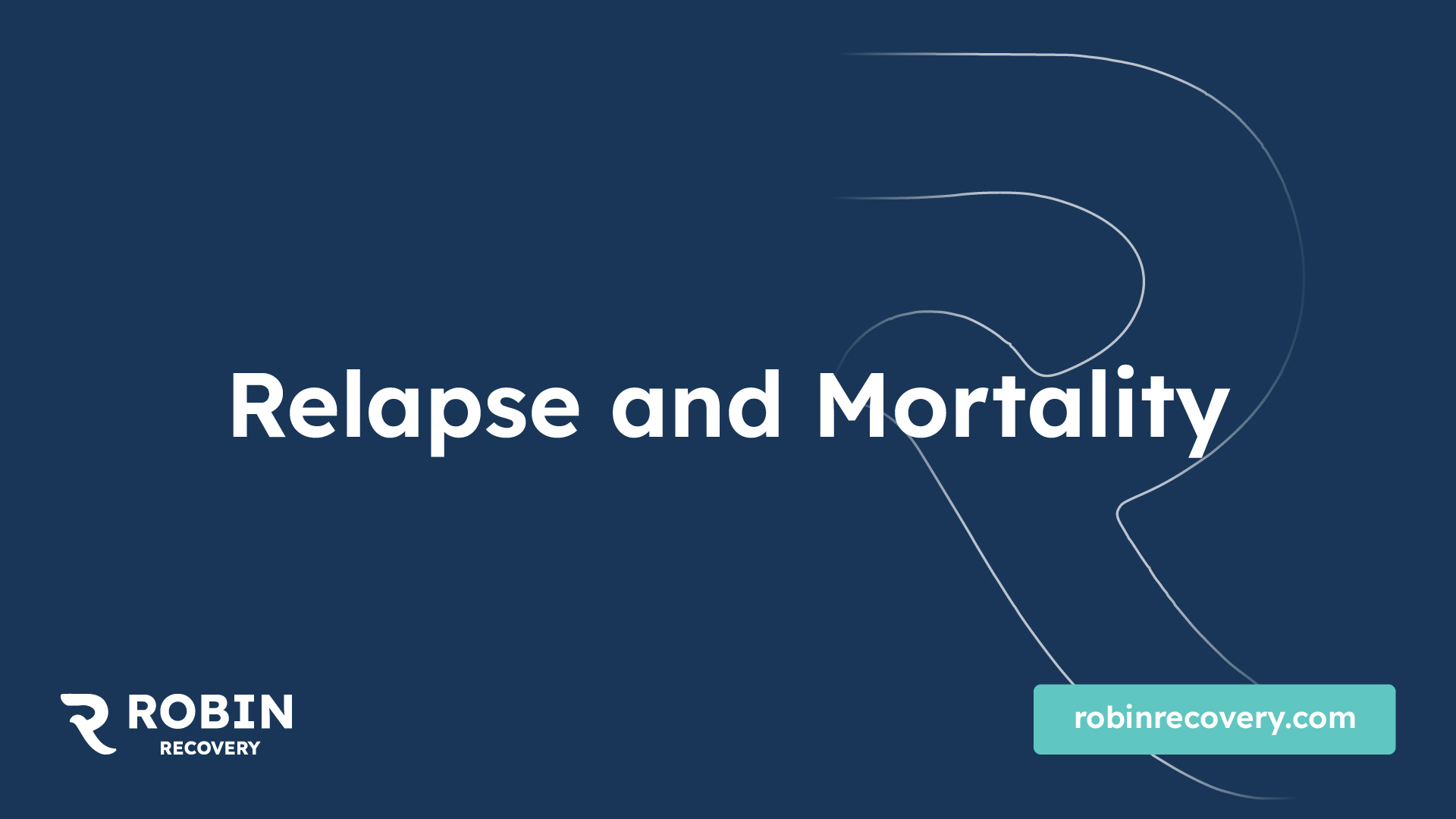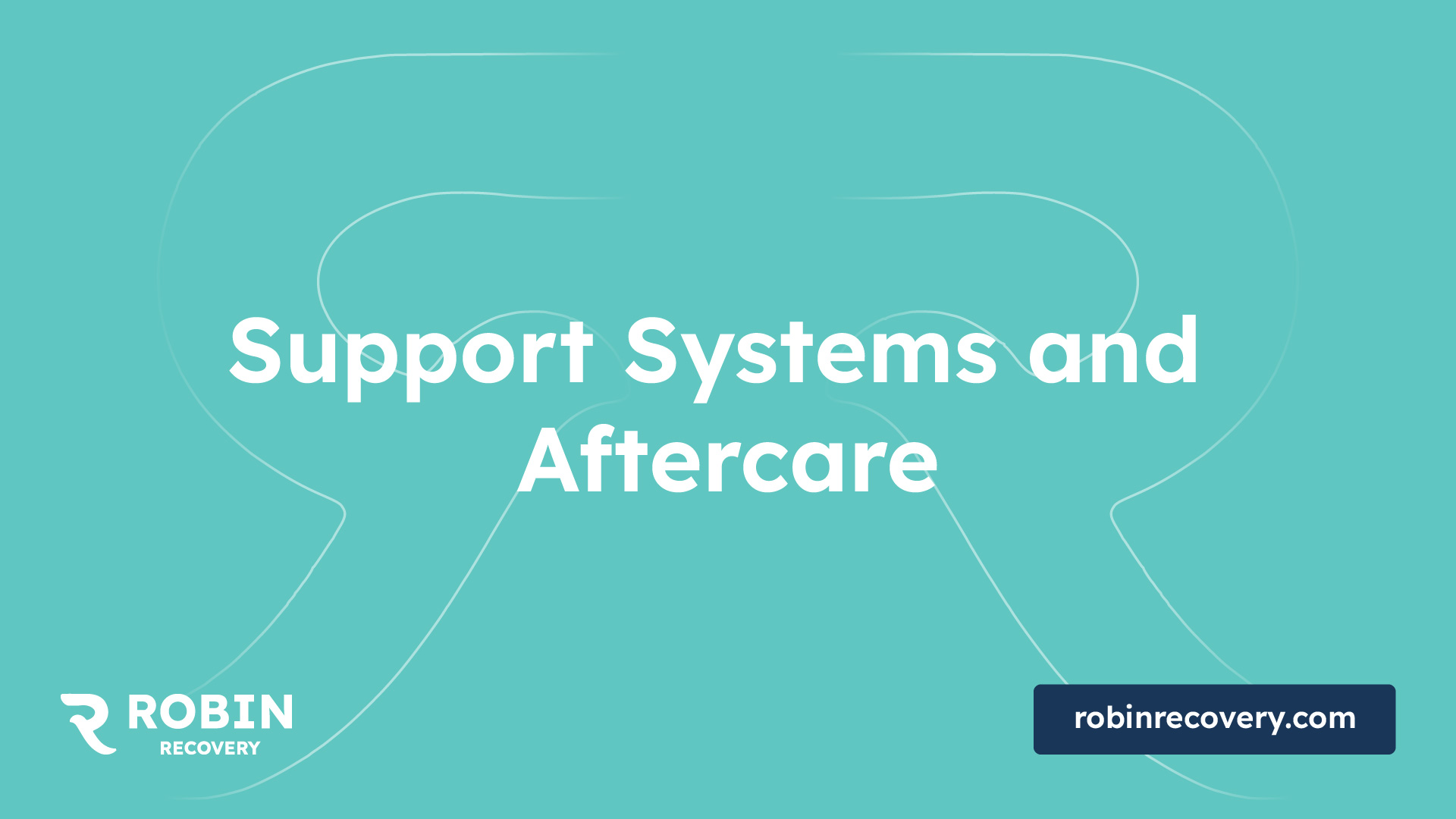Abandoning Hope: Understanding the Grave Dangers of Leaving Drug and Alcohol Rehab Early


Understanding Early Departure
When it comes to drug and alcohol rehab, completing the full treatment program is essential for increasing the chances of long-term recovery and reducing the risk of relapse. Understanding the risks and statistics associated with leaving rehab prematurely can shed light on the importance of staying committed to the treatment journey.
Statistics on Treatment Drop-Out Rates
Drop-out rates from substance abuse treatment programs are a prevalent issue, with nearly one-third of all participants leaving treatment before completing it [1]. This emphasizes the need for individuals to stay engaged and committed to the treatment process. By completing the full program, individuals have a greater chance of achieving long-term remission from their addiction.
Risks of Leaving Rehab Prematurely
Leaving drug and alcohol rehab early can have various consequences, both in terms of recovery progress and potential legal and health ramifications. Individuals who leave rehab before completing the recommended treatment duration are at an increased risk of relapse [2]. Statistics show that the longer an individual remains engaged in treatment, the lower their relapse rates tend to be.
Moreover, leaving rehab against medical advice can have legal implications, depending on the circumstances and the individual's history. It's important to follow the guidance of healthcare professionals and complete the treatment program to ensure the best possible outcomes.
Leaving rehab prematurely also hinders the individual's progress in developing essential coping skills and strategies to maintain sobriety. Treatment programs offer a structured environment where individuals can address underlying issues, learn healthy coping mechanisms, and build a strong foundation for recovery. By leaving early, individuals miss out on valuable opportunities for personal growth and development.
To prevent early departure, it's crucial to establish open communication with therapists and staff members. This allows individuals to address any concerns or challenges they may be facing during the treatment process and find appropriate solutions [1]. Involvement of loved ones can also provide crucial support and encouragement throughout the treatment journey.
Understanding the risks and statistics associated with leaving drug and alcohol rehab early highlights the importance of completing the full treatment program. By staying committed and engaged, individuals increase their chances of achieving long-term recovery and reducing the risk of relapse. It is crucial to prioritize one's well-being and work closely with healthcare professionals to ensure a successful recovery journey.
Consequences of Early Departure
Leaving drug and alcohol rehab before completing the recommended treatment can have significant consequences. It not only impacts the individual's recovery progress but also carries legal and health ramifications. Let's explore these consequences in more detail.
Impact on Recovery Progress
Completing a drug and alcohol treatment program plays a crucial role in an individual's recovery journey. Those who complete treatment have a greater chance of achieving long-term remission from their addiction. On the other hand, individuals who leave rehab early are at a higher risk of relapse compared to those who complete the program. By leaving prematurely, individuals may miss out on valuable therapeutic interventions, counseling sessions, and group support that contribute to long-term recovery. They may not have fully developed coping skills and strategies needed for sustained recovery, making it more challenging to maintain abstinence from substances.
Legal and Health Ramifications
Leaving drug and alcohol rehab early can have both legal and health implications. From a legal standpoint, individuals who leave rehab against medical advice may face legal penalties if completing the program is a requirement of their sentence. This can result in further legal consequences and complications [3]. It's crucial to adhere to the recommended treatment plan to meet any legal obligations and avoid potential legal issues.
From a health perspective, leaving rehab prematurely can have detrimental effects. Patients who leave rehab against medical advice have a greater chance of readmission within 30 days [3]. Moreover, there can be up to a threefold increase in one-year mortality for those who leave rehab early. By leaving before completing the treatment, individuals may miss out on essential medical care, medication management, and ongoing support that are vital for their health and well-being.
It's important to recognize that completing the full course of treatment is integral to maximizing the chances of successful recovery. By staying committed to the treatment process, individuals can build the necessary skills, strategies, and support systems to maintain sobriety in the long run. In the next section, we will explore the importance of completing treatment and the benefits it offers in achieving long-term remission from addiction.

Relapse and Mortality
Leaving drug and alcohol rehab early can have severe consequences, including an increased risk of relapse and even mortality. It is crucial to understand the potential dangers associated with premature departure from rehab to emphasize the importance of completing the full treatment program.
Increased Risk of Relapse
One of the significant risks of leaving rehab prematurely is an increased risk of relapse. Individuals who leave rehab against medical advice face a greater chance of undoing the progress made during treatment and experiencing a relapse [3]. Without completing the full rehab program, individuals may not have acquired the necessary coping skills, strategies, and support systems to maintain sobriety in the face of triggers and challenges.
Research suggests that individuals who complete treatment have a higher likelihood of achieving long-term remission from their addiction. Factors such as reduced alcohol consumption, fewer drinking problems, increased self-efficacy, and less reliance on avoidance coping contribute to a higher likelihood of achieving remission for up to three years [3]. Therefore, it is crucial to remain committed to the full treatment program to minimize the risk of relapse.
Mortality Rates for Early Departure
Leaving drug and alcohol rehab prematurely not only jeopardizes physical health but can also have life-threatening consequences. Research suggests that there can be up to a threefold increase in one-year mortality for individuals who leave rehab early [1]. This highlights the critical importance of committing to the full rehab program to ensure the best chance of long-term recovery and overall well-being.
By staying in rehab and completing the treatment program, individuals have the opportunity to address underlying issues, learn healthy coping mechanisms, and establish a solid foundation for their recovery journey. It is essential to recognize the potential risks and consequences associated with leaving rehab early, including an increased risk of relapse and the potential undoing of the progress made during treatment.
To minimize the likelihood of relapse and promote long-term recovery, it is crucial to prioritize completing the full treatment program and take advantage of the support, tools, and strategies provided in rehab. Remember, successful recovery is achievable, but it requires commitment, perseverance, and the completion of the treatment journey.
Importance of Completing Treatment
Completing a drug and alcohol treatment program is crucial for individuals seeking lasting recovery and a life free from substance abuse. It offers several benefits, including achieving long-term remission and building coping skills and strategies to maintain sobriety.
Achieving Long-Term Remission
According to New Horizons Centers of Excellence, completing drug and alcohol treatment is associated with positive treatment outcomes. It is often recommended that individuals undergo a minimum of three months of treatment to see symptom improvement. Successfully completing treatment increases the likelihood of achieving long-term remission from addiction.
Research conducted by Northstar Behavioral Health also supports the importance of completing treatment. Individuals who complete treatment have a higher likelihood of achieving long-term sobriety compared to those who leave treatment early. Factors such as reduced alcohol consumption, fewer drinking problems, increased self-efficacy, and decreased reliance on avoidance coping strategies predict a higher likelihood of achieving three-year remission.
Building Coping Skills and Strategies
Completing a full drug and alcohol rehab program provides individuals with the necessary tools, coping skills, and strategies to maintain sobriety. By actively participating in therapy sessions, support groups, and other treatment modalities, individuals learn healthier ways to cope with stress, triggers, and cravings.
According to New Horizons Center, one of the benefits of completing treatment is the development of coping skills and strategies. These skills help individuals navigate challenges and triggers they may encounter after leaving the controlled environment of rehab. With a strong foundation of coping mechanisms, individuals are better equipped to handle the ups and downs of life without turning to substances.
By completing treatment, individuals also have the opportunity to build a strong support network. They can connect with peers who are going through similar experiences, as well as professionals who can provide ongoing guidance and support. This support network plays a crucial role in maintaining sobriety and preventing relapse.
In conclusion, completing a drug and alcohol treatment program is essential for individuals seeking long-term recovery. It increases the chances of achieving lasting remission from addiction and provides individuals with the necessary coping skills and strategies to navigate life without turning to substances. By completing treatment, individuals set themselves on a path towards a healthier and more fulfilling future.

Support Systems and Aftercare
Support systems and aftercare play a crucial role in the recovery process for individuals who have completed drug and alcohol rehab or are currently undergoing treatment. These elements provide ongoing support, guidance, and resources to help individuals maintain their sobriety and navigate the challenges of life after rehab.
Role of Support Networks
Efforts should be made to involve family members, friends, and support groups in the recovery process. Having a reliable network of support can significantly reduce the likelihood of early departure from rehab and increase the chances of long-term recovery [2]. Support networks can provide emotional support, encouragement, and accountability, which are essential for individuals in recovery.
Support groups, such as Alcoholics Anonymous (AA) or Narcotics Anonymous (NA), offer a safe and non-judgmental environment where individuals can share their experiences, learn from others, and receive guidance from those who have successfully maintained their sobriety. These groups provide a sense of community and camaraderie, fostering a supportive environment for individuals in recovery. Additionally, family therapy and counseling can help improve communication and strengthen relationships, creating a healthier and more supportive home environment.
Aftercare Planning for Success
Aftercare planning is a critical component of the recovery process. It involves developing a personalized plan to support individuals as they transition from rehab back into their daily lives. Aftercare plans are tailored to meet the unique needs and challenges of each individual and may include various components such as ongoing therapy, counseling, and participation in support groups.
Continuing therapy and counseling sessions after rehab can help individuals address any unresolved issues, cope with triggers and cravings, and develop effective strategies to prevent relapse. These sessions provide a safe space for individuals to explore their emotions, gain insights, and receive guidance from trained professionals.
In addition to therapy and counseling, aftercare plans may involve regular check-ins with a case manager or counselor to monitor progress and provide ongoing support. These check-ins can help individuals stay accountable and ensure they have the resources they need to maintain their sobriety.
Other elements of aftercare planning may include lifestyle modifications, such as implementing healthy habits like regular exercise, proper nutrition, and stress management techniques. Engaging in activities that promote overall well-being can contribute to a strong foundation for sustained recovery.
By recognizing the importance of support systems and aftercare planning, individuals can increase their chances of long-term success in their recovery journey. These elements provide ongoing support, guidance, and resources to help individuals navigate the challenges of maintaining sobriety and living a fulfilling life after completing drug and alcohol rehab. For more information on addiction rehab and related topics, explore our articles on reasons to start rehab before the holidays, choosing a rehab near me, who qualifies for free rehab centers?, and how many rehab centers are in the US.
Strategies to Prevent Early Departure
Leaving drug and alcohol rehab prematurely can have significant risks and consequences, including an increased risk of relapse and undoing the progress made during treatment. To prevent early departure and ensure the best possible outcomes, several strategies can be implemented.
Communication with Therapists and Staff
Maintaining open and honest communication with therapists and staff members is crucial to address any concerns or challenges that may arise during the rehab journey. By discussing any difficulties or doubts, individuals can receive the necessary support and guidance to overcome obstacles and remain committed to their recovery.
Therapists and staff members play a vital role in understanding the unique needs of each individual and tailoring the treatment accordingly. Regular therapy sessions provide an opportunity for individuals to discuss their progress, explore underlying issues, and receive guidance on developing healthy coping mechanisms.
By actively engaging in therapy and taking advantage of the expertise of therapists and staff, individuals can gain insights, find motivation, and build the necessary skills to navigate the challenges of rehab successfully. This increased level of support can significantly reduce the risk of early departure.
Involvement of Loved Ones
Involving loved ones in the recovery process can be instrumental in preventing early departure from drug and alcohol rehab. Family members, friends, and support groups can provide a reliable network of support, which significantly reduces the likelihood of leaving rehab prematurely.
The emotional support and understanding offered by loved ones can help individuals stay motivated and focused on their recovery goals. They can provide encouragement, accountability, and a sense of belonging during challenging times. Involving loved ones in therapy sessions or family counseling can also foster better communication and understanding within relationships, which is essential for long-term recovery.
It is important to note that not all individuals may have a strong support system in place. In such cases, rehab programs can often help individuals connect with support groups or community resources that can provide the needed support during and after treatment. These external support systems can be invaluable in preventing early departure and facilitating long-term recovery.
By implementing these strategies, individuals in drug and alcohol rehab can enhance their chances of completing the program successfully. Building strong communication channels with therapists and staff members, as well as involving loved ones in the recovery process, creates a robust support network that promotes accountability, motivation, and overall well-being. For more information on the importance of completing treatment and the risks of leaving rehab early, refer to our previous sections on Consequences of Early Departure and Relapse and Mortality.
References
[1]: https://www.newhorizonscentersoh.org/blog/the-dangers-of-leaving-drug-and-alcohol-rehab-early
[2]: https://www.springhillwellnessny.com/blog/dangers-of-leaving-drug-rehab-early
